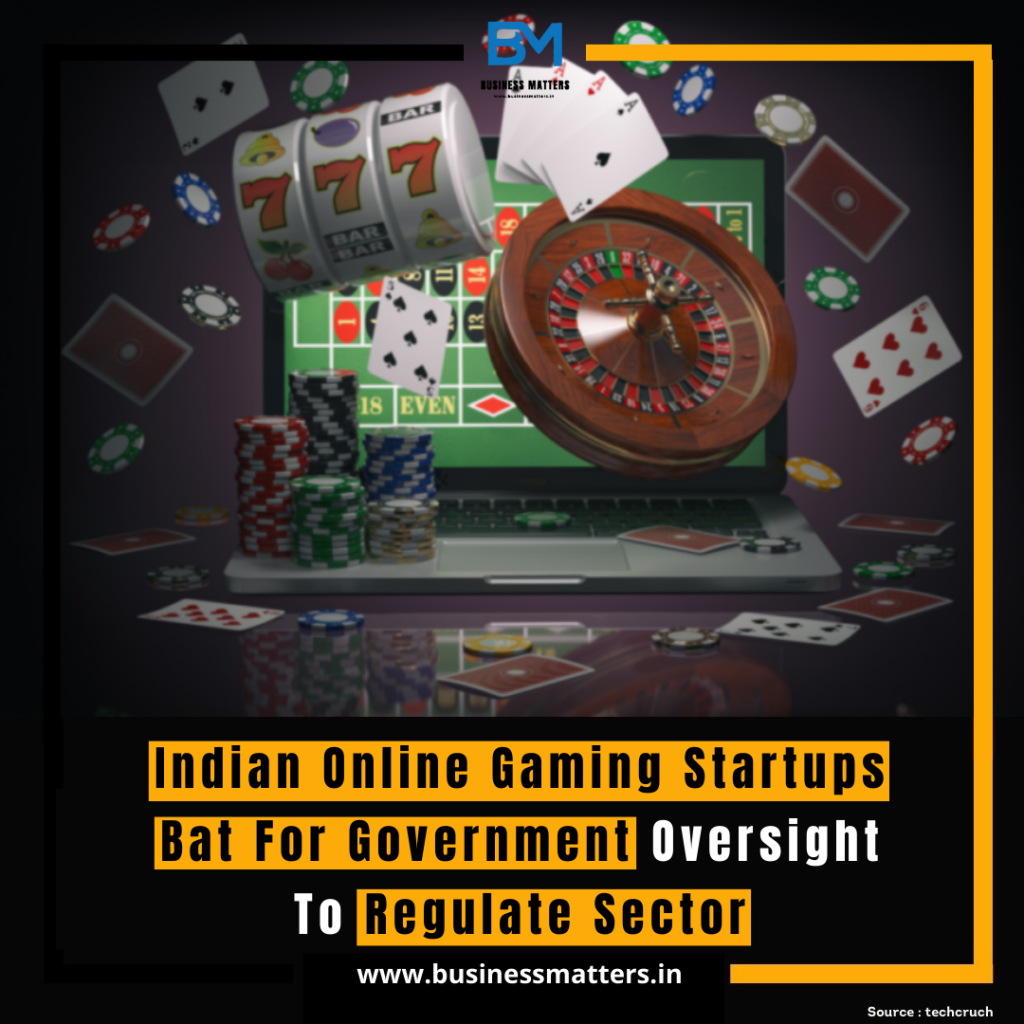In recent times, the Indian online gaming industry has witnessed exponential growth, fueled by increasing smartphone penetration, affordable data plans, and a burgeoning youth population seeking entertainment options. As the industry expands, online gaming startups are now voicing support for government oversight to regulate the sector effectively.
Background:
The online gaming landscape in India encompasses a diverse range of games, including fantasy sports, esports, casual gaming, and real-money gaming. The sector’s rapid growth has led to concerns about player protection, responsible gaming practices, and the potential for illegal activities.
Advocacy for Regulation:
Several Indian online gaming startups are actively advocating for government intervention to establish a regulatory framework. They argue that regulation is essential to ensure fair play, prevent fraud, protect players, and create a sustainable and responsible gaming environment.
Player Protection and Responsible Gaming:
One of the primary concerns prompting the call for regulation is the need for player protection. With real-money gaming gaining popularity, there is a heightened focus on implementing measures to prevent problem gambling, underage gaming, and addiction. A regulatory framework could mandate responsible gaming features, age verification processes, and self-exclusion options, fostering a safer gaming environment.
Curbing Illegal Activities:
Regulation is also seen as a crucial step in curbing illegal activities such as match-fixing and fraud within the esports and fantasy sports segments. A government-backed regulatory body could establish guidelines and standards to maintain the integrity of competitions, ensuring fair play and ethical conduct within the industry.
Standardizing Business Practices:
Online gaming startups believe that regulation would bring about standardization in business practices. This includes transparent revenue-sharing models, taxation frameworks, and adherence to ethical advertising practices. A standardized approach would not only benefit operators but also contribute to a level playing field, fostering healthy competition within the industry.
Industry Growth and Investor Confidence:
A regulated online gaming sector is likely to attract more investors and foster sustainable industry growth. With clear guidelines in place, investors may feel more confident entering the market, knowing that their investments align with established regulatory norms. This, in turn, could lead to increased innovation, job creation, and economic contributions from the gaming sector.
Global Compliance:
Regulation would also position Indian online gaming startups to comply with global standards, potentially opening doors to international collaborations and partnerships. Aligning with international best practices can enhance the industry’s credibility and facilitate cross-border collaborations in the gaming space.
Challenges Ahead:
While the prospect of regulation is welcomed by many in the industry, challenges lie ahead in crafting a comprehensive and balanced regulatory framework. Striking the right balance between fostering innovation and ensuring player protection will be crucial. Additionally, addressing the concerns of various stakeholders, including operators, players, and regulatory authorities, will be instrumental in shaping effective and widely accepted regulations.
Conclusion:
The call for government oversight to regulate the Indian online gaming sector reflects the industry’s maturity and commitment to responsible growth. A well-crafted regulatory framework has the potential to create a conducive environment for innovation while safeguarding the interests of players and stakeholders. As the dialogue between the gaming industry and regulatory authorities progresses, finding common ground will be essential to create a framework that supports the continued growth of the sector while addressing societal concerns and ensuring responsible business practices.


